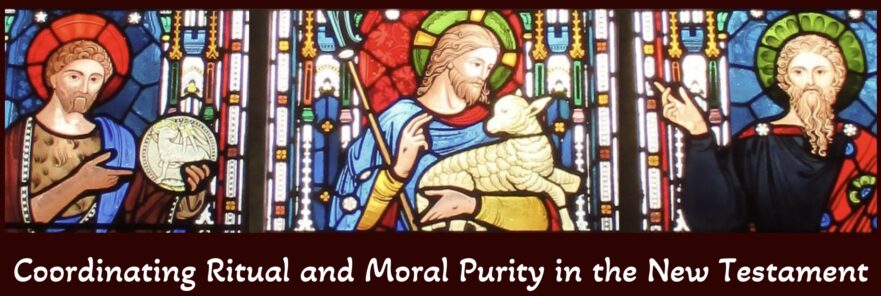Taking another look at how John the Baptist, Jesus, and the Apostle Paul related to issues of ritual and moral purity.
What’s Wrong with Contagious Purity? Debunking the Myth that Jesus Never Became Ritually Impure

The view that Jesus could not be affected by impurity and that Jesus was able to spread his purity to others is based on faulty assumptions and invalid inferences.
Why Do You Call Me ‘Lord’?: On the Origins of Jesus’ Dominical Title
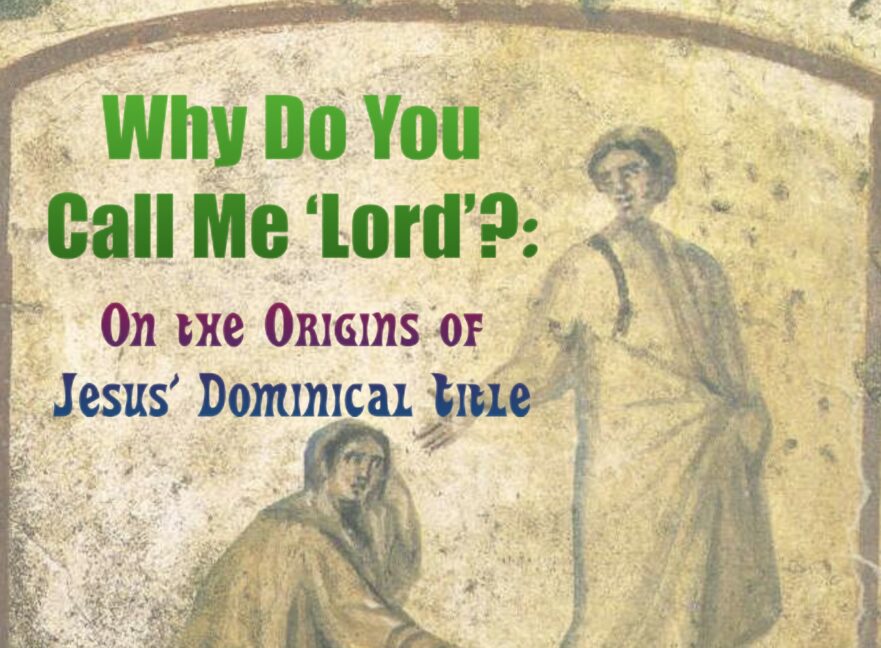
The confession “Jesus is Lord” is the simplest and earliest Christian creed. But how did referring to Jesus as “Lord” begin?
Образованието на Исус

Човек може да си състави доста точна представа за това какво е правил Исус в детството и юношеството си.
Teaching with Authority: The Development of Jesus’ Portrayal as a Teacher within the Synoptic Tradition
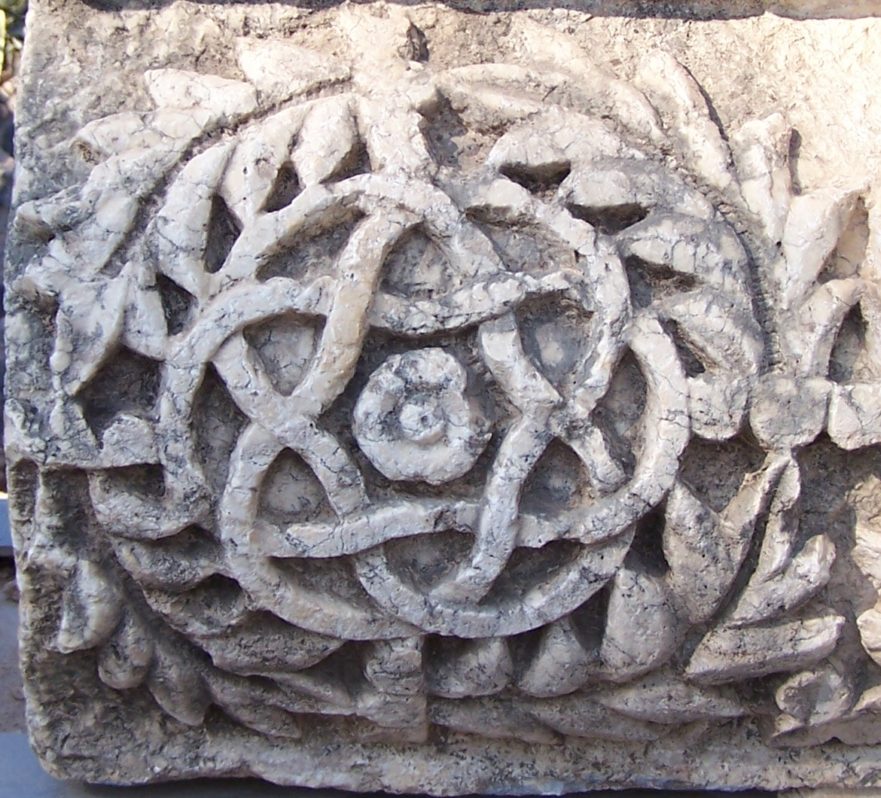
When Jesus’ teaching is falsely portrayed as entirely new, it obscures what in Jesus’ message is truly unique.
Jesus Among the Rabbis: Spiritual Life, Faith Experience and Leadership
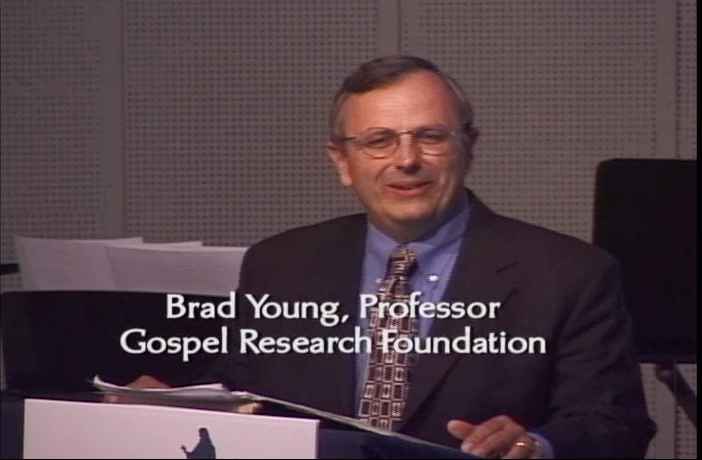
The complete 2006 lecture is now accessible to JP users. View now!
Mysteries of the Kingdom of Heaven

Did Jesus offer a rationale for teaching with the aid of story parables in this pericope, or does the Mysteries of the Kingdom of Heaven saying celebrate the dawning of the new age of redemption?
A Farewell to the Emmaus Road

Despite the Israel Antiquities Authority’s call to action, little has been done to preserve the ancient remains of a Roman road that are still visible in the area where Jesus traveled with two of his disciples on the day of his resurrection.
Gospel Postcard: Magdala
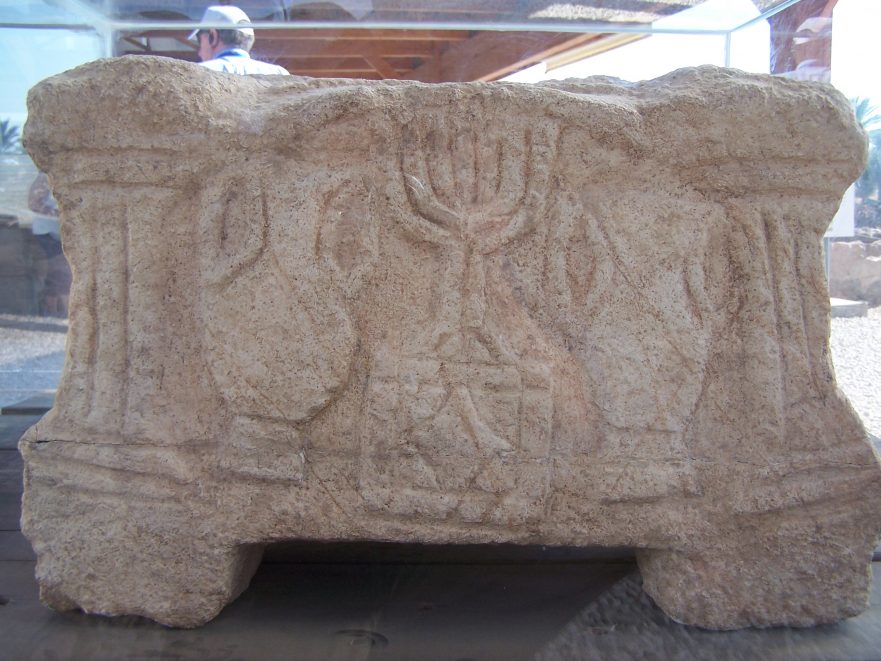
Excavations since 2009 have revealed the Galilean town of Magdala, the hometown of Mary Magdalene.
Jesus the Apostle

Today we usually think of Jesus as the one who appointed apostles, and to hear of Jesus himself being referred to as an apostle can sound jarring. But while referring to Jesus as an apostle might seem strange to Christians in the twenty-first century, this designation for Jesus would not have sounded strange to early believers.
Sending the Twelve: Apostle and Sender
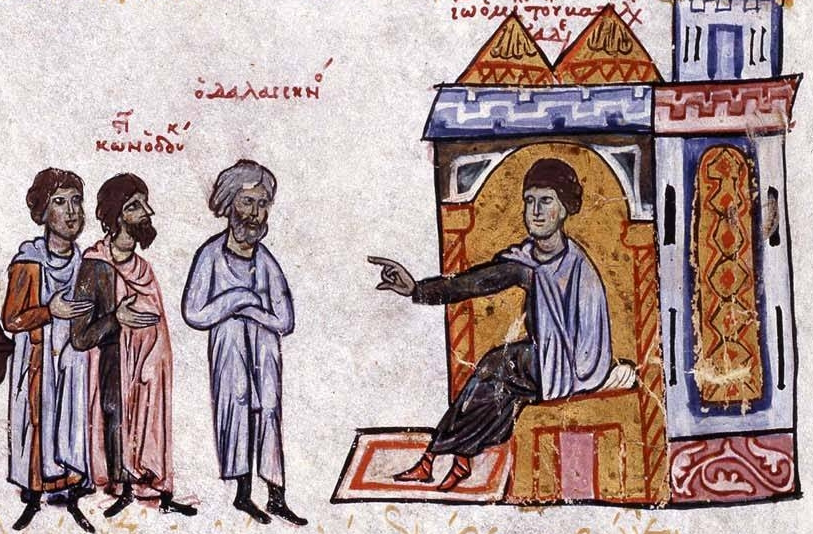
The Apostle and Sender saying (Matt. 10:40; Luke 10:16) not only gave assurance to Jesus’ emissaries as he sent them out on their first healing and teaching mission, it also offers us an extraordinary glimpse into Jesus’ high self-awareness as the shāliaḥ, or official representative, of Israel’s God. In this segment of the Life of Yeshua commentary, David N. Bivin, JP’s editor-in-chief, and Joshua N. Tilton envision how Jesus’ Apostle and Sender saying may have been worded in Hebrew and explore the Jewish backgrounds of this profound saying.
The Programmatic Opening of Jesus’ Biography as a Reflection of Contemporaneous Jewish Messianic Ideas
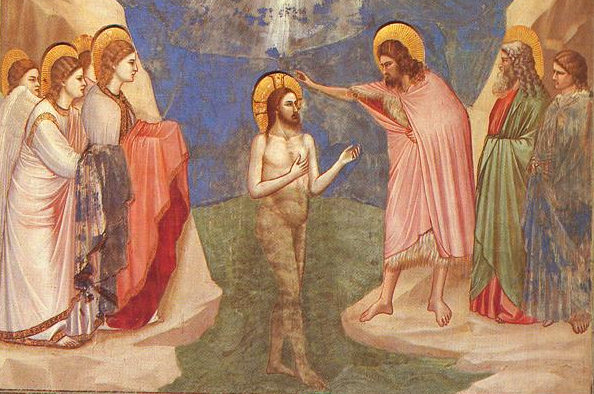
In this study Professor Ruzer suggests that there was a broader first-century Jewish context behind the narrative strategies employed in Mark’s prologue to Jesus’ messianic biography. On the other hand, he also demonstrates that Mark 1:9-11 can be used to recover an early phase of a pattern of messianic belief, seemingly shared by wider Judaism, that continued into the rabbinic period. In other words, New Testament evidence can be an important witness to broader trajectories in early Jewish messianic beliefs.
Gospel Origins: From a Hebrew Story to the Canonical Gospels
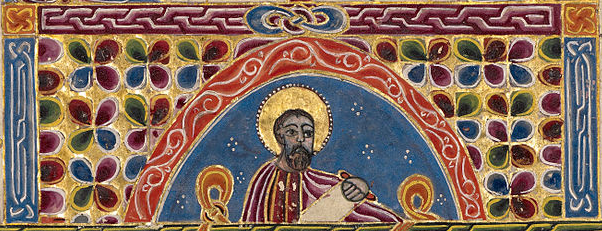
Originally released as a pamphlet entitled The Gospels in 1972, Jerusalem Perspective brings you this discussion of the Synoptic Gospels by Robert L. Lindsey in a newly revised and updated edition. Herein Lindsey critiques the theory that the Gospel narratives were developed orally by Greek speaking Christians in a decades long process. Lindsey argues that there is strong evidence that the material preserved in Matthew, Mark, and Luke descends from a Hebrew document written shortly after the events it describes.
Sending the Twelve: Conduct in Town
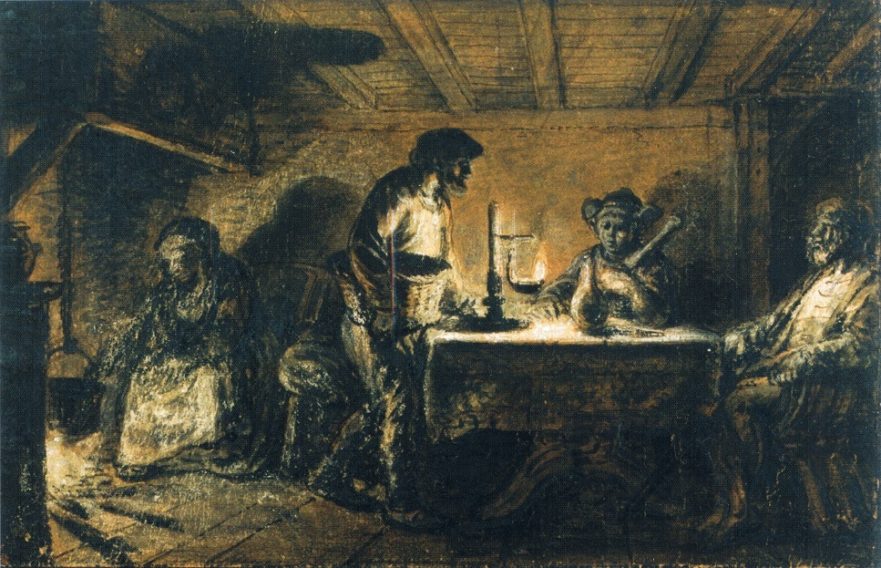
David N. Bivin and Joshua N. Tilton suggest a Hebrew reconstruction of Jesus’ instructions about how the twelve apostles were to behave when they entered a town. In this pericope we learn about the giving and receiving of hospitality among Jesus’ earliest followers. We also learn what may be wrong about the popular view that shaking the dust from the apostles’ feet was a symbolic action meant to signal to Jews who rejected Jesus that they were henceforth to be considered as Gentiles.
“Shake the Dust from Your Feet”: What Did the Apostles’ Action Signify?

The standard interpretation of the apostles’ dust-shaking action proposes that Jesus turned the concept of the impurity of Gentile lands against the Jewish inhabitants of cities within the (ritually pure) land of Israel. This interpretation concludes that shaking the dust from their feet dramatically symbolized that Jesus’ apostles would henceforth regard the Jewish inhabitants of a city that had rejected their message as though they were cut off from Israel. It is time for this mistaken interpretation to finally be put to rest.
Jesus’ Attitude Toward the Samaritans
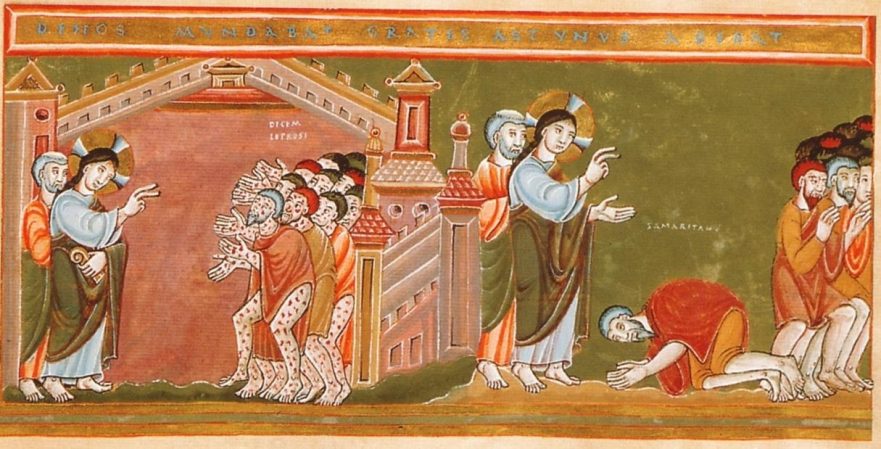
It is always our duty to ask ourselves whether the kind of speech we voice and the kind of rhetoric we listen to engenders respect for our neighbor, no matter how different she or he might be from ourselves, or whether it is sowing the seeds of hatred and violence.
Feast of the Circumcision (New Year’s Day)

The first of January, celebrated around the world as New Year’s Day, is also the eighth day of Christmas and, as such, the Feast of the Circumcision and Naming of Jesus. Of course, no one knows on what day of the year Jesus was actually born, but since it has become traditional to celebrate Jesus’ birth on the 25th of December, it follows that the first of January is the day on which Christians celebrate the circumcision and naming of Jesus.

